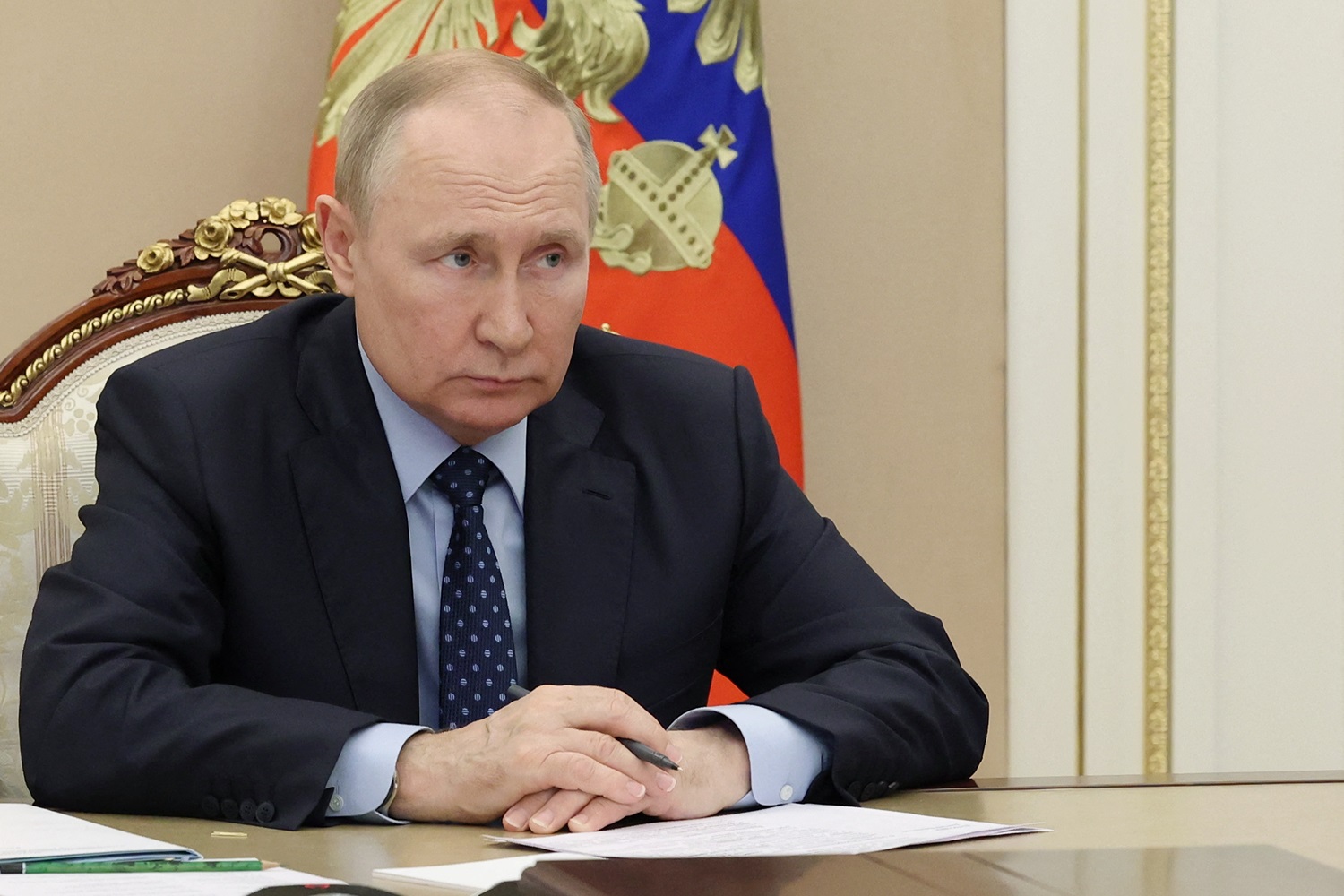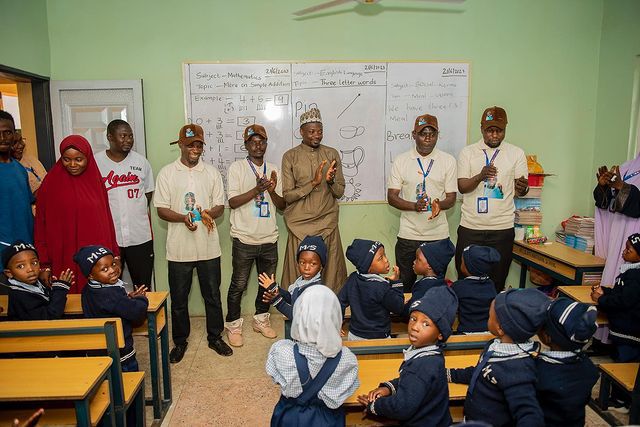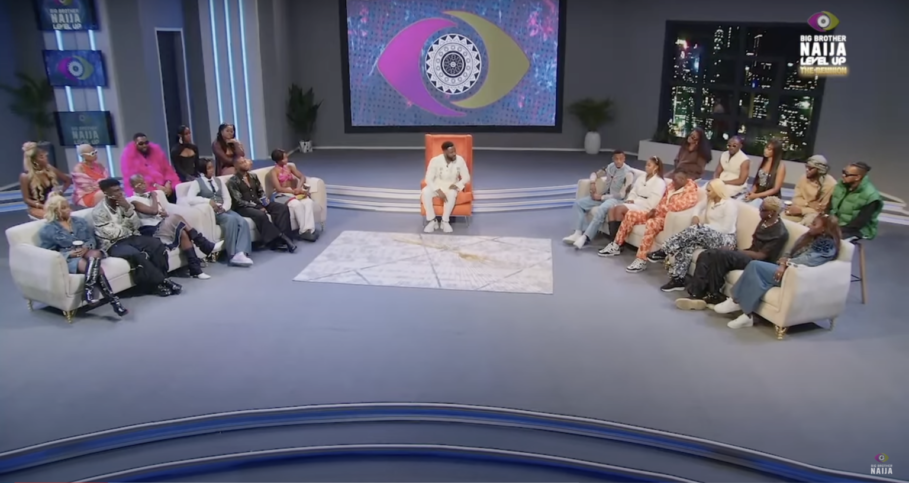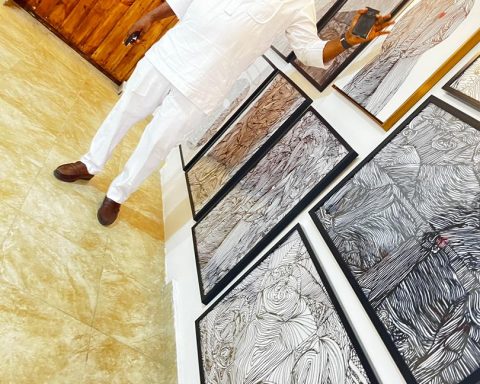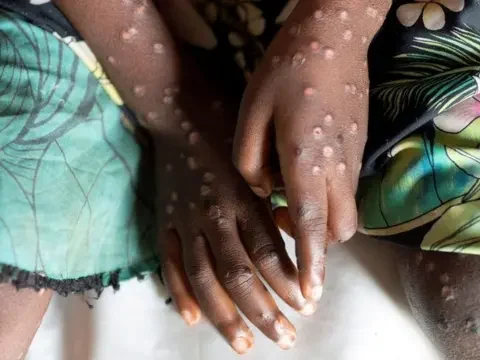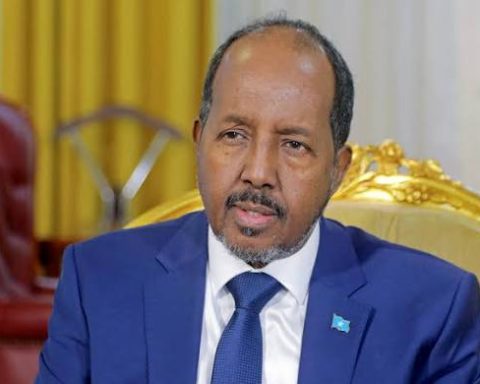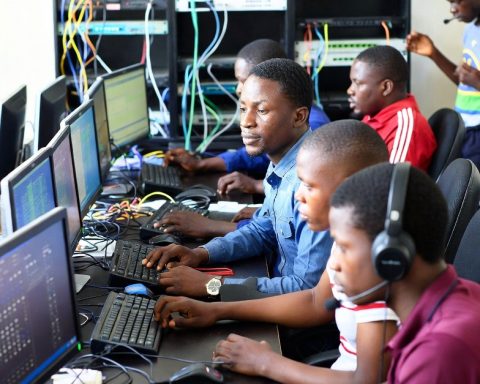Nigeria and Russia have had a mixed bag of relations, which often sweetened or soured based on the direction of support of incumbent regimes. As of 2021, trade between the two nations stood at $1 billion, with unmet expectations in bilateral ties. The cold war between the defunct Soviet Union and the Western powers created the east-west tension that polarized the world in terms of support. Russia, under the name of the Soviet Union, showed its highest level of support for Nigeria during the civil war of 1967-1970, when it (Russia) provided great military support to the federal government of Nigeria. With the post-1960 cold war between the US-led western powers and the Soviet Union, Nigeria joined the non-aligned nations, which professed (even if by lip service) no support for any of the parties in the war.
READ ALSO: Nigeria Air Saga: Will Tinubu Continue The Culture Of Wasteful Spending?
Join our WhatsApp ChannelWith the return to democracy in 1999, Nigeria and Russia reached a climax in smoothening relations when President Olusegun Obasanjo visited Moscow in 2001 and when President Dmitry Medvedev visited Abuja in 2009. With the collapse of the Soviet Union in 1991, the Russian Federation stepped into the shoes of the old Soviet Union in being the major antagonist of the west, still making successive Nigerian governments to vacillate between the two power wings in diplomatic relations. Key trade relations are represented by the 2006 foray by Russian firm, Renaissance Capital, into Nigeria as a financial investment consultancy. Nigeria is the company’s operational office in sub-Saharan Africa. A year later in 2007, the Nigerian-Russian Business Council followed to promote cooperation, collaboration and Improvement of trade. After a state visit, Dimitry Medvedev, then Russian President, reached pacts with the late president Umaru Yar’Adua on Investment Promotion and Cooperation in the field of nuclear energy. Russia has also awarded annual scholarships to 100 Nigerians since the past three decades. Over 10,000 Nigerian specialists have been trained in Russia.
Former President Goodluck Jonathan reached pacts with Russia between 2010 and 2014 to fight terrorism and for investments in Nigeria’s oil and gas industry. This was seen as anti-west in many quarters and an important factor in Jonathan’s dashed quest for a second term in 2015. Jonathan’s government had cancelled a scheduled military training programme with the US after the latter rejected a request from Nigeria for Cobra attack helicopters to combat terrorism. Nigeria then increasingly turned to Russia for help in counterterrorism operations. The Russian Space Agency and Nigeria’s National Space Research and Development Agency (NASRDA), also reached an agreement for Russia to train manpower in Nigeria to launch the first satellite outer space between 2015 and 2018. Nigeria had launched Sat 2 and Sat X spacecraft’s aboard Russian rockets into the orbit from a Russian base in Yasny, south of Russia in 2011. Russia has stepped up efforts to penetrate the Nigerian media and political scenes since losing serious grip after President Jonathan lost his second term bid. Increasingly however, Nigeria seems to have played pro-west since 2015.
New Media Era Heats up the Fight
Unfortunately, many developing countries have been at the wrong end of the interests of the contending forces. It is especially so in the present era of new information technologies, when information has become a tool of warfare and economic power play. In many developing countries, freedom of access to information has hardly been distinguished from technology-afforded freedom. Freedom of information has meant unrestricted access to information, without assurances about the sources, processing, credibility, authenticity and accuracy of the facts. Many ulterior interests have latched onto this gap to unleash disinformation on African societies. The ulterior interests are keen on taking advantage of one of the fastest growing markets for information technology use as represented by Nigeria and several African countries. With disinformation, foreign powers carefully spread false messages to achieve military, business, political and other diplomatic objectives.
Africa has surpassed the 400 million mark in number of active internet users, with Nigeria alone accounting for over 154.8 million active internet users and almost double the number of social media users, according to the National Bureau of Statistics (NBS) data for the first quarter of 2022. The main tactics of some countries such as Russia and China is to manipulate information reaching African social media users. Some of the information manipulations have been linked with the social and political instability that is currently derailing democracy in Africa as seen in Nigeria, Mali, Democratic Republic of Congo, Zimbabwe, Uganda, Algeria, Sudan, Guinea, Eretria, Ethiopia, Kenya, among others.
In the guise of supporting some African governments, Russia, for instance, has blocked UN resolutions condemning human rights abuses in African countries. This has emboldened some of the leaders of these countries, which have tried to replicate Russia-type authoritarianism in their own countries. Like Russia, many African governments are attempting to normalize authoritarianism, which they conceal as shielding their countries from foreign influences and preservation of sovereignty. Some African leaders have thus accepted Russian support on technology, weapons, and military bases, which have been used to manipulate elections, suppress opposition and national debate, and to seek tenure elongation against constitutional term limits.
In the 17 African countries where Russia’s disinformation machinery is in operation, there is an average score of 28 on the freedom scale (rated between 0 & 100) as released recently by Freedom House. This compares poorly with the average score of 51 in countries where Russian disinformation influence is not known to be rife. Some of the countries where Russian disinformation is overflowing have a miserly rating of 19 or less on the freedom scale. To date, half of the 23 African countries where Russian influence persists are in political turmoil. The pressure to penetrate South Africa is on course, though the country has one of the strongest political institutions in Africa.
With many African citizens already nursing grievances against erstwhile colonial powers and neocolonialism, it is easy for Russia to sing the tune of being a defender of African regimes on the global stage. Russia often prides itself as being in support of solving African problems with African solutions, and with African resources. This is often a way for Russia to fast-track its inroads into the continent, instead of going through longer routes such as trade, educational and cultural programmes, foreign direct investment and development support. There is also a feverish digital repression in many African countries like Tanzania where cyber laws have been enacted and used to deal decisively with opposition politicians. Tanzania’s 2018 Electronic and Postal Communications Regulations maintains strict control of blogging and internet cafes.
In 2017, Russia entered into an accord with the Nigerian media to help the latter in counterterrorism reporting. The signed document on Antiterrorism Convention was earlier adopted and applied in Russia in 2003 by the Industrial Committee of Russian Media. But rather than stamp out terrorism, the Russian undercover cyber operatives are using technology to infiltrate social media accounts of Nigerians. A few days after the invasion of Ukraine on February 14, 2022, some social media accounts belonging to Nigerians were used to post information supporting the Russian invasion of Ukraine. A social media tool used to plan, post and monitor content of social media accounts known as Buffer reported such infiltrations in February 2022. Buffer noted that out of the 1,552 accounts that were accessed by threat actors, 618 accounts were used to post 766 unauthorized messages across Twitter (505), Facebook (233), and LinkedIn (28).
As it is, Nigeria should look to assert itself more in the comity of nations rather than being a pun on the disinformation war between world powers. There are vast opportunities for more cooperation between Nigeria and Russia in mutual trade, bilateral exchanges and skilled manpower in computing and ICT, administration, social science and engineering. Now that Nigeria looks to develop its domestic gas market, Nigeria and Russia can collaborate hugely in this area, given the subsisting interest of Russia in Nigeria’s oil and gas markets.
Dr Mbamalu, a veteran Journalist, is the Publisher of Prime Business Africa. The piece was inspired by his being invited as Speaker at a Roundtable discussion of Media and Education stakeholders by the RUDN University, Russian Federation, in conjunction with the Academic Publishing Center for Research on Development of African Media, University of Lagos; hosted by Vice Chancellor of Unilag, Professor Folasade Tolulope Ogunsola.
Dr. Marcel Mbamalu is a distinguished communication scholar, journalist, and entrepreneur with three decades of experience in the media industry. He holds a Ph.D. in Mass Communication from the University of Nigeria, Nsukka, and serves as the publisher of Prime Business Africa, a renowned multimedia news platform catering to Nigeria and Africa's socio-economic needs.
Dr. Mbamalu's journalism career spans over two decades, during which he honed his skills at The Guardian Newspaper, rising to the position of senior editor. Notably, between 2018 and 2023, he collaborated with the World Health Organization (WHO) in Northeast Nigeria, training senior journalists on conflict reporting and health journalism.
Dr. Mbamalu's expertise has earned him international recognition. He was the sole African representative at the 2023 Jefferson Fellowship program, participating in a study tour of the United States and Asia (Japan and Hong Kong) on inclusion, income gaps, and migration issues.
In 2020, he was part of a global media team that covered the United States presidential election.
Dr. Mbamalu has attended prestigious media trainings, including the Bloomberg Financial Journalism Training and the Reuters/AfDB Training on "Effective Coverage of Infrastructural Development in Africa."
As a columnist for The Punch Newspaper, with insightful articles published in other prominent Nigerian dailies, including ThisDay, Leadership, The Sun, and The Guardian, Dr. Mbamalu regularly provides in-depth analysis on socio-political and economic issues.


